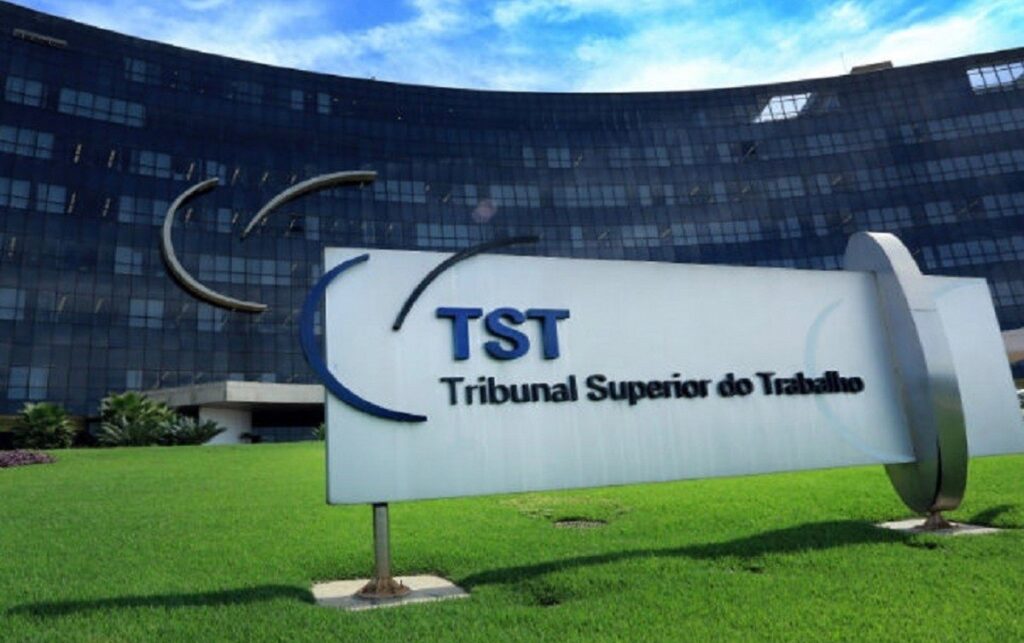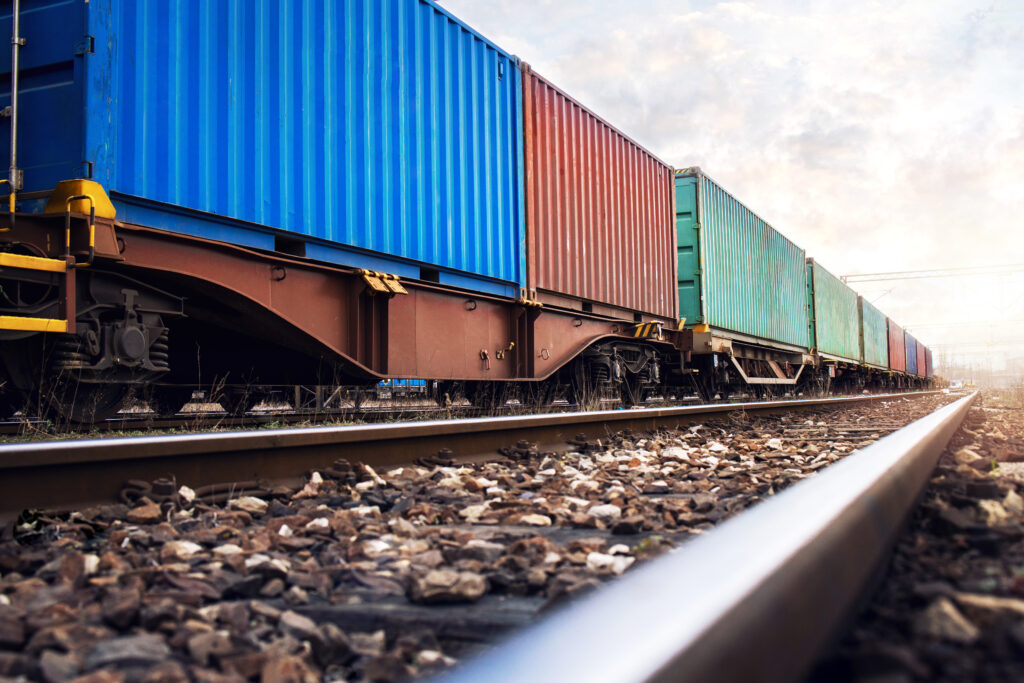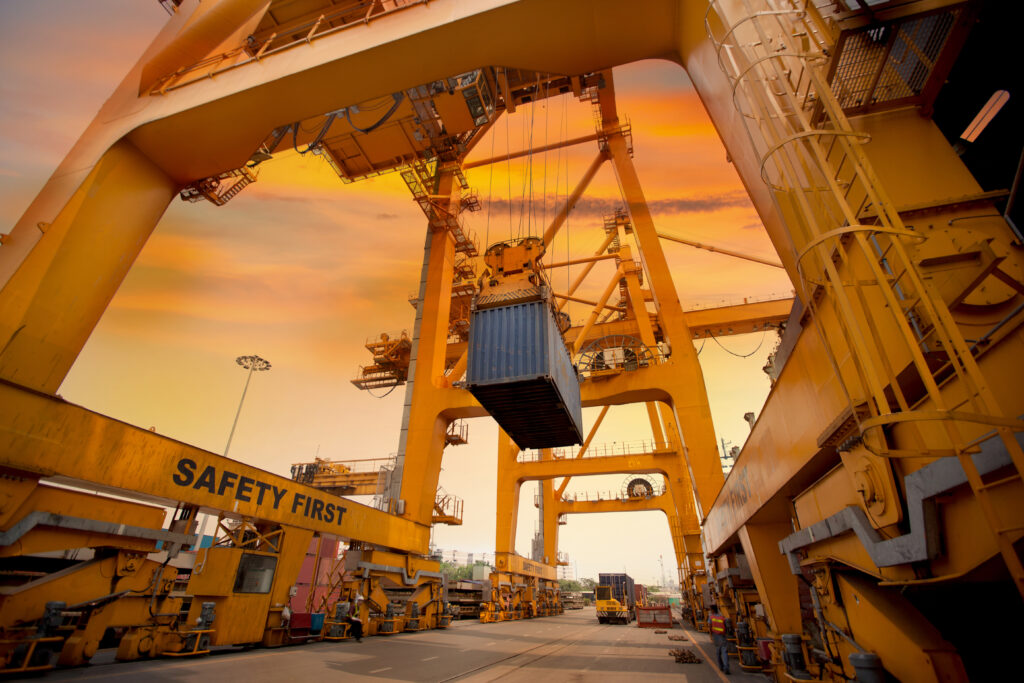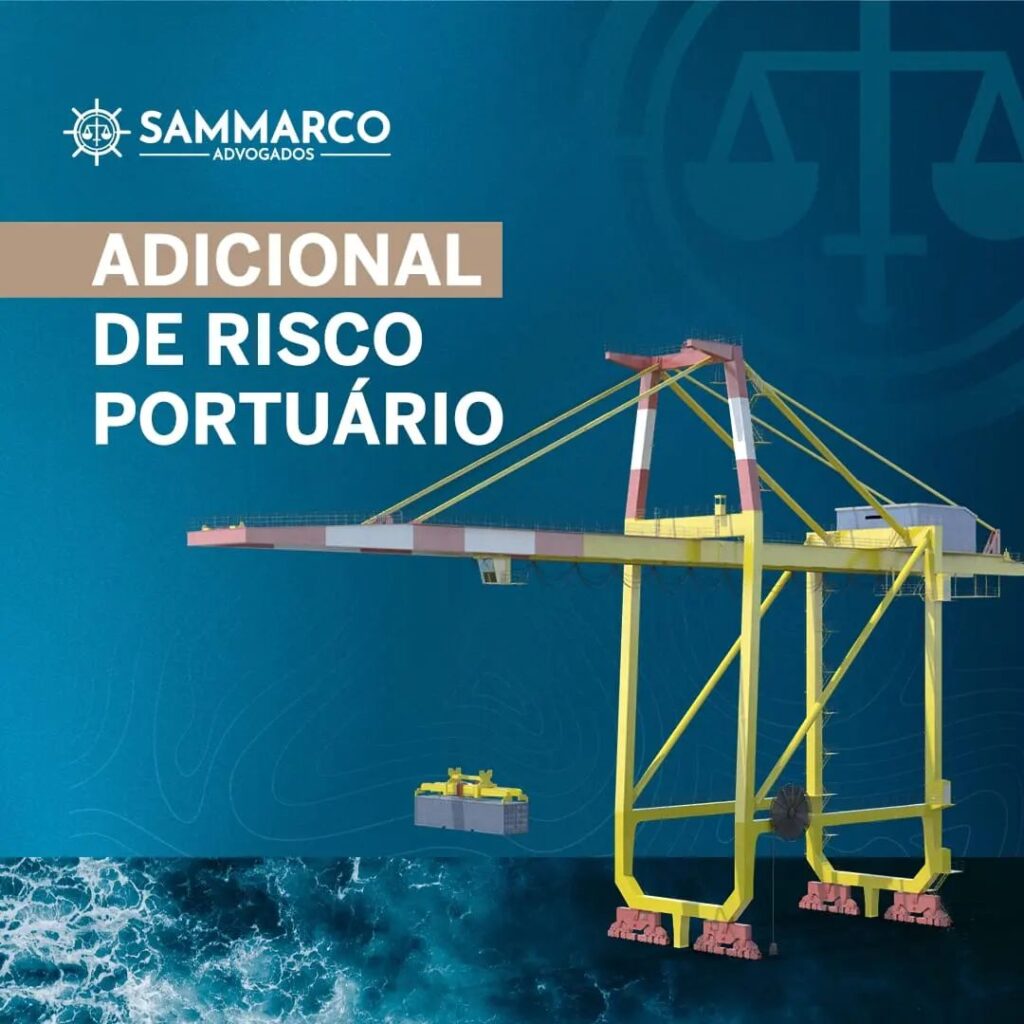This measure, communicated by PATRI Public Policies & Public Affairs, aims to update the Brazilian legislation regarding civil liability for pollution resulting from the transport of hydrocarbon mineral oils by ships.
The 1992 Protocol, which replaces the original Convention, significantly expands the required coverage in cases of damage, extending the scope of protection to include the Exclusive Economic Zones. One of the primary innovations of the document is the prohibition of limiting liability in situations where it is proven that the damage was caused by direct actions or omissions of the shipowner. Additionally, an amendment to the Protocol was also submitted, altering the limit values of the compensation provided for.
Another point of note is that, within the Ministry of Foreign Affairs (MRE), a second Protocol is currently under consideration, which has not yet been sent to the Congress. This document proposes amendments to the International Convention for the Establishment of an International Fund for Compensation for Oil Pollution Damage, whose secretariat is based in London, United Kingdom.
Amendment Protocol of 2000 to Liability Limits Complementing this update, on October 18, 2000, the Legal Committee of the International Maritime Organisation (IMO) adopted the Resolution LEG.1(82), which establishes amendments to the liability limits in the 1992 Protocol. The amendments modify the reference values of the 1969 Convention on Civil Liability for Oil Pollution Damage as follows:
- The reference to “3 million units of account” was altered to “4,510,000 units of account.”
- The reference to “420 units of account” was altered to “631 units of account.”
- The reference to “59.7 million units of account” was altered to “89,770,000 units of account.”
These changes aim to increase the compensations available for oil pollution damage, providing greater environmental protection and accountability.
Complement to the 1992 Protocol
The 1992 Protocol amending the International Convention on Civil Liability for Oil Pollution Damage of 1969 was adopted on November 27, 1992 in London. Among the main points of the Protocol are:
- The expansion of the definition of “ship,” which now includes any seagoing vessel adapted for the carriage of bulk oil.
- The redefinition of “oil,” to include any persistent hydrocarbon mineral oil, such as crude oil, fuel oil, and heavy diesel oil.
- The inclusion of pollution damage occurring within Exclusive Economic Zones (EEZs), in addition to the territory and territorial seas of the contracting States.
- The ability of the shipowner to limit their liability, except when it is proven that the damage was caused by a personal act or omission, or by intentional or gross negligence.
The Protocol aims to harmonise compensation measures for oil pollution damage, strengthening international liability standards.
Next Steps – The Protocol will be reviewed by the Committee on Foreign Affairs and National Defence (CREDN) of the Chamber of Deputies, marking the beginning of its legislative process in the Congress. Following the approval of the text, the Executive will be authorised to ratify and promulgate the Protocol, which will enter into force internationally for Brazil 12 months after its ratification.
This advancement reinforces the country’s commitment to environmental preservation and alignment with international standards of civil liability and compensation for environmental damage (LEG.1-82 – In) (CLC PROT 1992 – IN).
Conclusion The approval of the 1992 Protocol by Brazilian legislation represents a significant step forward in the regulation of civil liability for oil pollution damage, aligning Brazil with the highest international standards of environmental protection. By adopting a regime that expands shipowners’ liability and extends coverage to Exclusive Economic Zones, the country demonstrates its commitment to protecting its coastal and marine ecosystems, which are vital for both, the economy and biodiversity.
The inclusion of amendments increasing the compensation limit values is an important mechanism to encourage the adoption of safer practices in the transportation of hydrocarbons. In particular, the elimination of the limitation on liability when the damage results from intentional acts or gross omissions underscores the principle of strict liability, consolidating the position that polluters should bear the costs of environmental recovery.
Moreover, the consideration of a Protocol that aims to establish an International Compensation Fund for Oil Pollution Damage complements this regulatory framework, providing additional financial backing to compensate for the impacts of large-scale environmental disasters.
By advancing these legislative updates, Brazil not only protects its natural heritage but also strengthens its role in the global maritime arena, collaborating with the initiatives of the International Maritime Organisation (IMO) to mitigate environmental damage. The enactment of these instruments will ensure greater legal certainty while reinforcing the principles of precaution and prevention, which are crucial for the sustainable management of maritime activities.
This legislative movement is, therefore, a milestone for environmental and maritime law, reaffirming the importance of Brazil in adhering to and actively contributing to international conventions focused on environmental protection and civil liability.


